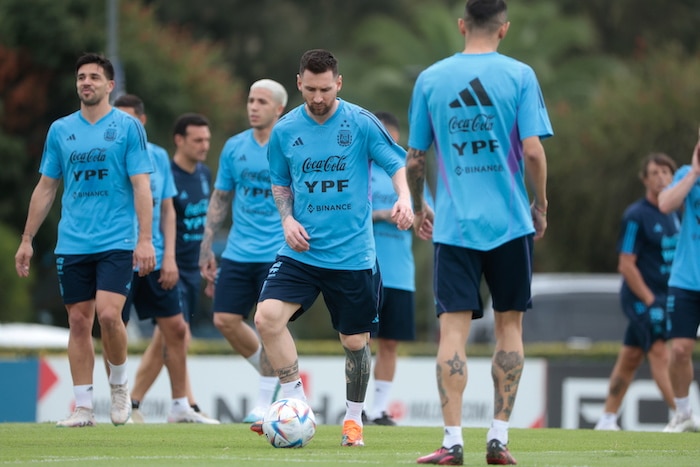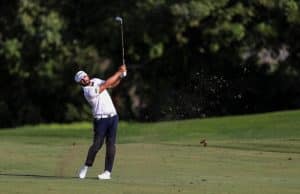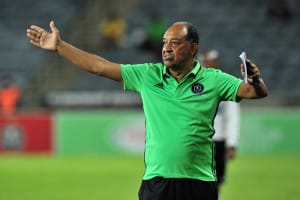Lionel Messi and his Argentina teammates are set to play their first match on Thursday since winning the 2022 Fifa World Cup in Qatar.
More than 1.5 million fans tried to get one of the 63,000 tickets to the game in Buenos Aires against Panama, a small country in Central America.
After the Albiceleste’s dramatic penalty shoot-out win over France in December, even more football-crazy Argentines went out to watch games. A few days later, for the trophy parade, an estimated 5 million people crowded the streets of Buenos Aires.
Because there were so many people, the parade had to stop hours before it got to the center of Buenos Aires because it was already so late.
Most people thought Messi would quit international football after the final in Doha, where he scored two goals and a penalty kick in the shootout, but the forward for Paris Saint-Germain said he wanted to play a little longer so he could wear the blue and white Argentina jersey as a world champion.
“He is in good shape, he wants to keep coming. When he tells me that he doesn’t feel good, we’ll see,” coach Lionel Scaloni said on Tuesday.
“At the moment he is happy with the national team.”
Early this month, two men shot at a closed supermarket owned by Messi’s wife’s family and then left a threatening message for the seven-time Ballon d’Or winner. This made the fans a little less excited.
“Messi, we are awaiting your arrival. Javkin is a drug dealer; he will not take care of you “The message referred to Pablo Javkin, the mayor of Messi’s hometown of Rosario, located approximately 320 kilometers north of Buenos Aires.
Messi, however, has taken everything in stride, as his father noted.
“I spoke to the kid and he told me: ‘relax’,” Jorge Messi told reporters.
It was more of a publicity stunt than a genuine threat to the mayor of Rosario.
“What story goes more quickly viral in the world than an attack on Messi?” said Javkin.
While the incident did not directly affect Messi, it did shed light on a growing problem in his hometown.
Rosario, a port city on the Parana River, has become a drug trafficking nerve center and the most violent city in Argentina, with 287 murders recorded in 2022.
Photo by EPA/JUAN IGNACIO RONCORONI





